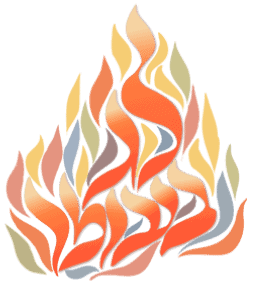Lag B’Omer – The 33rd Day of the Omer
Two significant events occurred on Lag B’Omer, and though separated by many years, they both contribute to its special status. On the thirty third day of the counting of the Omer, Rabbi Akivah’s students stopped dying. Because the epidemic lasted thirty three days, the common custom is to observe thirty three days of mourning in the Omer period, ending on Lag B’Omer, the thirty third day of the Omer. It is also customary to mark the day with certain festive practices.
Rabbi Shimon bar (son of) Yochai, was the greatest scholar of the Kabbalah (Jewish mysticism) who ever lived. Rabbi Shimon died on Lag B’Omer, and on that day he revealed many of the deepest ideas of the Kabbalah to his students, who recorded his teachings in the book known as the Zohar, the Light. Ancient Jewish custom dictates that on the anniversary of the death of a great scholar, a festival is held in his honor as a means of inspiring people with his lessons and teachings. For hundreds of years on Lag B’Omer, people have gone to the grave of Rabbi Shimon on Mount Meron in the Galilee region of Israel. There they celebrate by lighting bonfires, to symbolize the light of Torah that Rabbi Shimon revealed, and by dancing, singing and studying Rabbi Shimon’s teachings. Today it is common to see people all over Israel celebrating Lag B’Omer with bonfires and singing, while at Mt. Meron itself, hundreds of thousands participate in the festivities.

